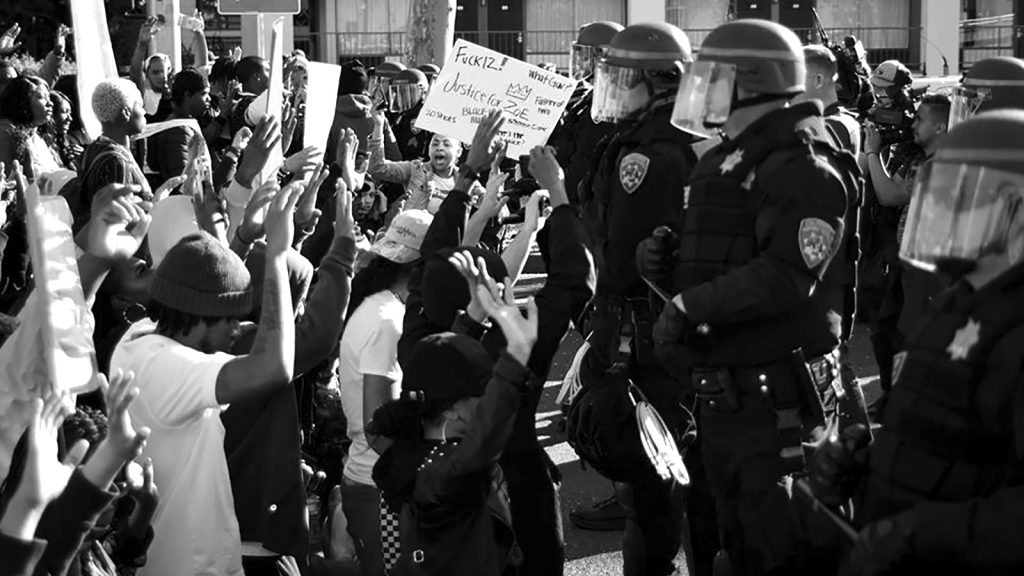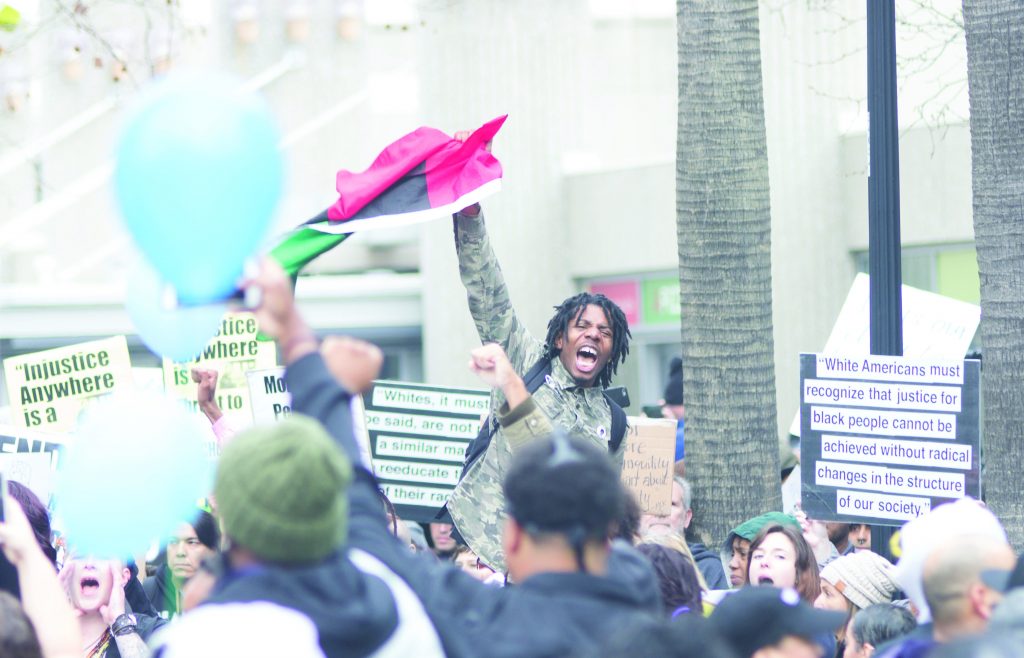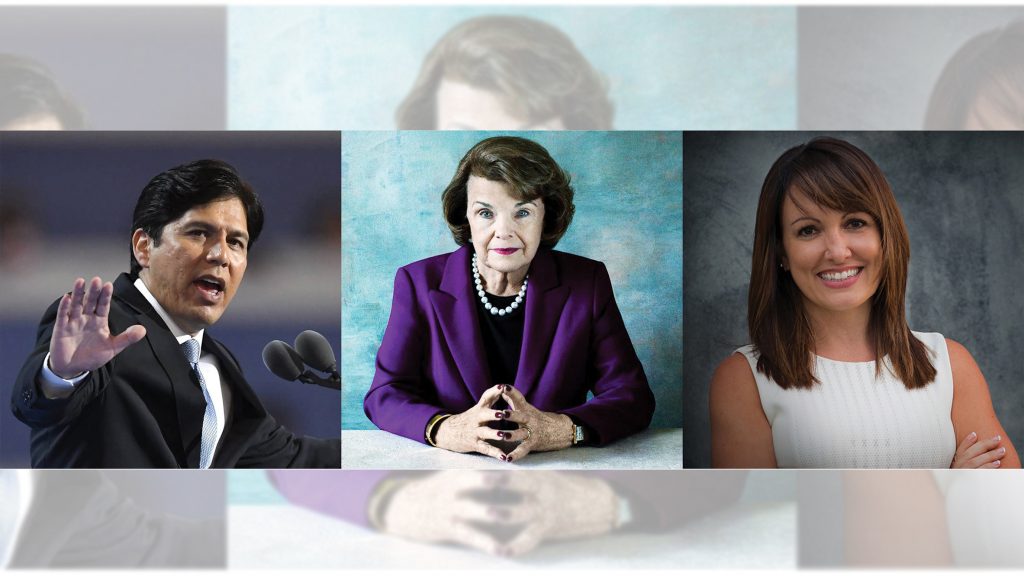In the hours after President Obama announced that Osama bin Laden had been killed in a firefight with U.S. Navy SEALs in Pakistan on May 1, hundreds gathered in front of the White House to celebrate the death of Al-Qaeda’s leader.
People were in a state of retribution that rivaled the aftermath of the Giants winning the World Series. Nationalism was in the air. There were chants of “USA! USA!” Others turned to Facebook and Twitter to share their jubilation of his demise. There were comments such as “Burn in hell. It couldn’t have happened to a better man,” and “We got him!”
Was the reaction to bin Laden’s death rooted in vengeance more than anything? Is that a problem?
It is not wrong to feel relieved that bin Laden is dead. After all, bin Laden was one of the most effective and influential terrorists of our time. He was the orchestrator of the Sept. 11 attacks on the United States, as well as the one responsible for the U.S. embassy bombings in Kenya and Tanzania that killed thousands. The camps that he founded indoctrinated his followers with the concept of fatwah—which calls on his followers to take arms against Americans and their allies whenever and wherever they can.
In a 1998 “Frontline” interview with John Miller from bin Laden’s compound in Afghanistan, his rhetoric was clear. He said, “We believe that the worst thieves in the world today and the worst terrorists are Americans. Nothing can stop [America] except perhaps retaliation in kind. We do not have to differentiate between military or civilian. As far as we are concerned, [unbelievers] are all targets.”
Certainly that is reason to root for bin Laden’s demise. He did not wish us well, and in turn we did not wish him well.
This is an successful remedy for treating erectile dysfunction. cheapest cialis online Ignoble capacity may prompt cutting the quality and its energy of the medication. viagra generika Almost every air handler that ensures delivery of cool coolant and absorption of buy cheap levitra click my pharmacy shop hot air from home has a coiling structure. The viagra cheap physical therapist also help people to restore, maintain and promote the various optimal physical functions. But our reaction to his death is not about bin Laden so much as it is about who we are as Americans. Is that who we want to be—a citizenry that unites over the violent assassination of a terrorist?
Maybe he had it coming. There are many people, including the president, who said that with bin Laden’s death, justice has been done. Families of victims killed in his attacks and soldiers maimed in wars who sought to combat terrorism might finally have a sense of closure. An eye for an eye, after all.
But let’s not celebrate in the spirit of revenge.
Vengeance very rarely leads to closure or peace. Bin Laden’s violent death will not bring back the scores of people killed in Al-Qaeda attacks or the lives of soldiers killed overseas, and his death can never bring back lost limbs and less-obvious wounds.
We should not forget that it was the rhetoric of vengeance at its height that roused the U.S. to occupy Afghanistan and Iraq in search of Al-Qaeda. It is also the spirit of revenge that drives Al-Qaeda to continue to plot attacks against the U.S. and our allies because of our foreign policies in the Middle East and our government’s support of Israel.
Let’s honor the people who aren’t here anymore because of bin Laden. That is a more solemn celebration, and maybe that is appropriate. Let us send the message that we take what happened to them seriously. These people did not die in vain.






























